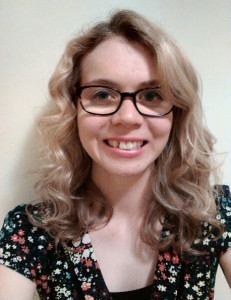 What do you enjoy doing?
What do you enjoy doing?
I love reading, looking at the sky, listening to music, and analysing stories with friends and family.
- What are your favourite books?
I have a shelf of my favourites. The Harry Potter series, the Chronicles of Narnia, The Road, Life of Pi, Romeo and Juliet, and the Artemis Fowl series are some of my favourite titles.
- Who are your favourite authors?
I love J.K. Rowling’s Harry Potter series. She writes with warmth, British wit, and emotional intelligence. I also love Eoin Colfer’s inventive take on fairies, his sense of humour, and capacity to render the utterly absurd believable. I grew up reading books by Emily Rodda, and her Deltora Quest series is imbued with a sense of mystery and enchantment that has had a lasting impact on my work.
More recently, I have soaked up works by Matt Haig (who manages to distill truths about love, pain and hope), and essays by Margaret Atwood. I also just read The Pause by John Larkin (we’re not related), which is a beautifully heartbreaking story.
- What do publications mean to you?
Being published gives me a sense of gratitude. I’ve always wanted to create, and share my creations. I know that words form bridges between minds…and reading has allowed me to consider viewpoints and struggles of other people. No matter whether a story is imagined, symbolic, or rooted in experience, if it is told well, its emotional impact is real, and I think reading gives you an intimate understanding of another person’s thoughts or feelings.
- Tell me something interesting/unusual about yourself.
I used to be the captain of a Queensland university Quidditch team called the ‘Death Eaters’. I played as a Beater – which means it was my job to throw Bludgers (they’re like poisonballs) at the opposition. My nickname is Prongs, and two of my friends are called Moony and Padfoot.
- How do you know when your story ends?
My intuition usually tells me when to stop – and often I work in a fairly linear fashion, but reach the end of a story before I’ve finished writing all the pieces along the way. If that happens, then I can jump back and fill in gaps.
- What are your favourite closing lines in a novel?
The final line from Yann Martel’s Life of Pi has always stuck with me. It reads: “Very few castaways can claim to have survived so long at sea as Mr. Patel, and none in the company of an adult Bengal tiger” (Martel 2003: 319). I love the ambiguity in this line. Does the author’s report reflect his doubt about the truth of Pi Patel’s story, or suggest that Pi’s story is authentic and unique?
As far as other favourite closing lines, I know that Charles Dickens’ novel Great Expectations is famous for its alternative endings and I find the following the most poetic ending to the story:
“I took her hand in mine, and we went out of the ruined place; and, as the morning mists had risen long ago when I first left the forge, so the evening mists were rising now, and in all the broad expanse of tranquil light they showed to me, I saw no shadow of another parting from her.”
- What writing exercises spark your imagination?
When I was about 19, I read David Gerrold’s book Worlds of Wonder. He suggests that writers interview their characters to learn more about them. I put this writing exercise to the test – and the result completely changed the direction of my project. My character, it turned out, had only agreed to meet because he wanted to interrogate me. The fact that he dodged most of my questions intrigued me more than anything else. If he didn’t want to talk about a subject, then why not? What was he hiding? Who was I dealing with? And what information did he think I could give him?
